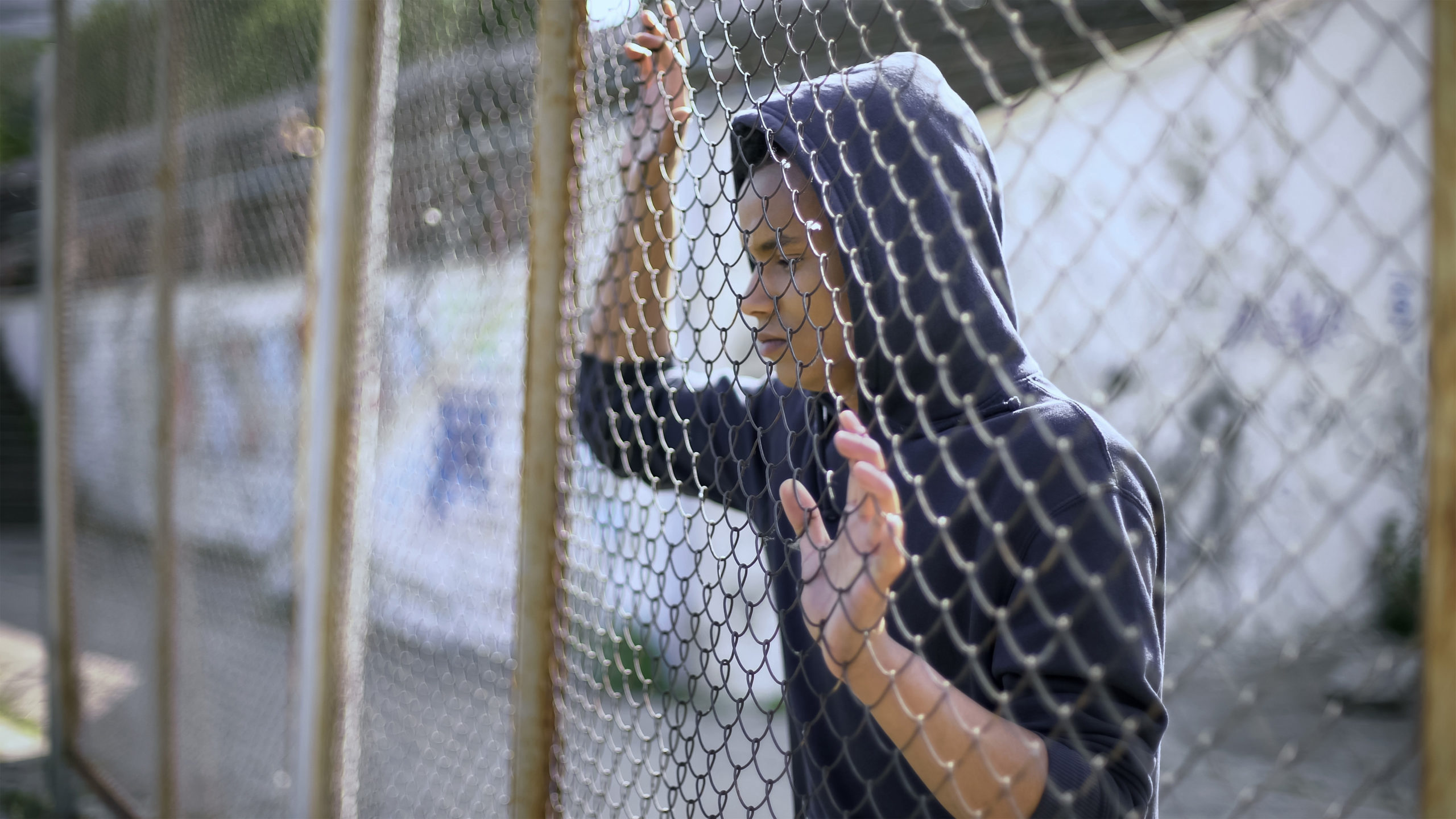What Is SIJS? Special Immigrant Juvenile Status Explained
Young immigrants to the United States who need special protection may qualify for special immigrant juvenile status (SIJS). Learn more today.

Some immigrants come to the United States because they’re fleeing a dangerous situation. In many cases, the law treats these people differently from other immigrants. Special Immigrant Juvenile Status (SIJS) is designed to protect young people who are at risk of abuse, neglect, or abandonment if they return to their home country. Here’s how SIJS may be able to help you or someone you love.
What Is Special Juvenile Immigrant Status (SJIS)?
Special Immigrant Juvenile Status is an immigration status designed to protect certain young people who are physically present in the U.S.
SIJS can be granted to young people who have abusive, neglectful, or absent parents. If it is detrimental to the young person’s safety to return to their birth country, they may be allowed to remain in the United States.
Who Qualifies for Special Immigrant Juvenile Status?
Special Immigrant Juvenile Status is only granted to people born outside of the United States. In order to qualify for SJIS, you must be an unmarried person under the age of 21 who is currently located in the United States.
The young person in question will have to work with a juvenile court to determine that one or both of their parents have abused, neglected, or abandoned them and that it isn’t in their best interest to return to their home country.
Do People With Special Immigrant Juvenile Status Get Green Cards?
People with Special Immigrant Juvenile Status are eligible to pursue green cards and become permanent residents of the United States. As long as they remain compliant with the process and abide by the laws of the United States, SIJS recipients with green cards cannot be deported.
If you receive a green card through SIJS, you’ll be afforded most of the rights and opportunities as other U.S. residents. However, SIJS recipients are not able to petition for their parents to immigrate to the United States.
During the process of obtaining SJIS, you had to affirm to the court that one or both of your parents were dangerous, neglectful, or abusive. This becomes a part of the permanent record of your immigration case, and it can affect your parents’ ability to enter the United States.
SJIS recipients cannot petition for their parents to enter the country, even if they’ve reconciled. SJIS recipients who complete the process of becoming United States citizens may be able to petition for their siblings to legally immigrate, but the lead times for sibling immigration are long. The process of becoming a U.S. citizen usually takes several years, and the wait time for an immigrant visa through a sibling is more than a decade.
How Can I Obtain Special Immigrant Juvenile Status?
If you meet the criteria for Special Immigrant Juvenile Status, the process begins with juvenile court in the state where you reside. You’ll attend juvenile court to explain your relationship with your parents. You will present evidence or explain the situation if they’ve abused you, neglected you, or abandoned you.
If the court finds that one or both of your parents are unsuitable to care for you or that it’s dangerous for you to return to your parents, the court will appoint a guardian for you and make a special findings order. This special findings order is very important.
The process for juvenile court is different in every state. You’ll need to follow the laws and guidelines of the state where you currently live when attempting to obtain SJIS. In most places, the process involves filing special paperwork and waiting for a date to appear in court.
What Happens After My Special Juvenile Immigrant Status Court Date?
After the court makes its determination, you’ll be able to file a form called I-360, Petition for Amerasian, Widow(er), or Special Immigrant with USCIS. You’ll file this form with your court paperwork as supporting evidence. The USCIS will make a determination regarding your status. When you’ve been approved, you can continue the process of legal immigration.
The next step is where you can pursue lawful permanent residence. You can file Form I-485 (Application to Register Permanent Residence) with USCIS to apply for your green card. You may need to wait for a visa to become available to you depending upon where you were born. When your application is approved, and you receive your green card, you will officially become a permanent resident of the United States.
Beginning the Process of Applying for Special Juvenile Immigrant Status
You can begin the Special Juvenile Immigrant Status process on your own for yourself or on behalf of an SIJS-eligible child you care for. The necessary paperwork is available online. You’ll need to fill it out, submit it, and follow the next steps as they’re assigned to you through juvenile court or immigration services.
The Cohen, Tucker & Ades team has the experience and knowledge you or your loved ones need to pursue Special Juvenile Immigrant Status. As compassionate advocates for immigration reform, we’ve been helping individuals and families in New York and New Jersey live the American dream. Contact us to learn how we can help you pursue Special Juvenile Immigrant Status today.
Sources:
Chapter 4: Special Immigrant Juvenile Status (SIJS) | Kids in Need of Defense
I-360, Petition for Amerasian, Widow(er), or Special Immigrant | USCIS
I-485, Application to Register Permanent Residence or Adjust Status | USCIS
Not sure which option is right for you? Request a confidential consultation today.

